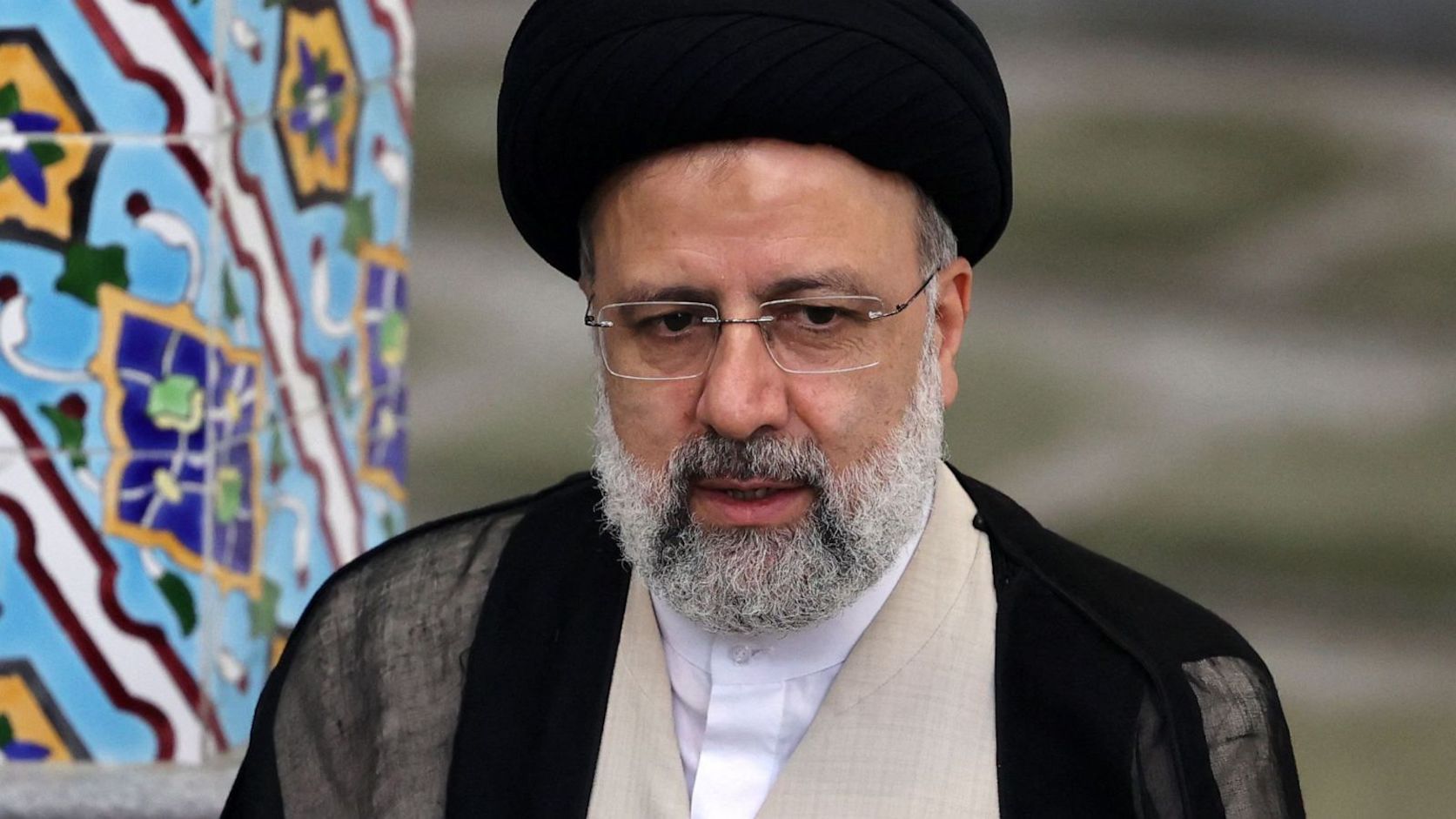KIANA KARIMI WRITES — As hope for reform and freedom slowly inched forward, a new cloud of darkness arose over the Iranian public, and for good reason. The media will be under substantial scrutiny and attack soon. Apps such as Signal and Instagram are crucial to everyday modern society by uniting and bringing people together as well as encouraging them to strive for change. But now, following the lowest voter turnout in Iranian presidential race history, Ebrahim Raisi will ascend to the presidency.
Undeniably, this comes as no surprise. His formidable competitors were disqualified from running. The upcoming Raisi rule is a clear victory for the “Islamisation of Iranian Society,” marking a movement to a more conservative state. During Raisi’s campaign, he stated that he desired to expand “freedom of expression” and the “fundamental rights of Iranian citizens.” But take these words with a grain of salt, as skepticism will reward you here-cyberspace was and will be under attack in his administration.
President-elect Raisi is all too familiar with censorship. His record shows a great propensity to helm an Orwellian Society. Scholars, Iranian citizens and officials alike brace themselves for Raisi’s rule.
Abdolreza Noruzi, a leading member of the Iranian Information Technology Commission of the Chamber of Commerce, stated that “the private sector in Iran wants assurances from presidential candidates not to restrict internet access after the elections.” Since all viable candidates for the election were disqualified, minus the Supreme Leader’s token candidate Raisi, was this truly a credible statement?
Mahsa Alimardani, an Oxford Researcher focusing on digital media, censorship and freedom of expression in Iran, stated that “his judiciary has been behind the arrests of administrators of Telegram channels and Instagram users who post content about the rights of minorities, LGBTQ rights, or activism about the mandatory hijab.”
Raisi was among the unapologetic judges responsible for the “bloody decade“-the approved execution of thousands of Iranian dissenters to the budding Muslim regime. In the past year, sanctions have been given by the international community, leaving the United States Government, the European Union and Human Rights Watch apprehensive of Raisi. His win rekindled the flame of justice for a U.N. investigator and Amnesty International to call for further investigations into his role as a death committee justice.
To win over the public during his presidential campaign, he painted himself not as a hardliner conservative but a man who desires for the Iranian populace to break away from the grip of poverty and corruption. In fact, he boasts that he is a champion for cracking down on insurrection and criminal activity. But what is his definition of criminal reform? One of his anti-corruption initiatives stems from his days as Chief Justice of Iran, in which he presided over internet censorship cases.
The Iranian government is no stranger to censorship. It boasts of safekeeping a “halal Internet.” Many popular apps like Snapchat, Facebook, Twitter, and Whatsapp are deemed dangerous to the “democratic” regime and thus banned throughout the country. Surprisingly, Facebook’s subsidiary, Instagram, stands tall as the only unaffected social media platform. But even that is not safe and protected. Raisi’s allies are aiming to topple this last platform for Iranian freedom of expression with yet another ban.
While Raisi declared that “cyberspace should be expanded,” his actions as Chief Justice paint a different story. Indirectly through the power of the judiciary, he sought to block Instagram. The judiciary deemed Mohammad-Javad Azari-Jahromi, the Minister of Communications, non-compliant due to his refusal to block access to Instagram (as well as failing to prosecute other violations of cyber defense protocol). Around the same timeframe, the app Signal was blocked by the Criminal Content Designation Taskforce, a branch of the judiciary. Signal was deemed to be distributing “criminal content.” The speculated “criminal content” was dissident and activist materials.
A couple of days after his win, Raisi allies in the Iranian Parliament seized the opportunity to craft a bill that hands over control of internet traffic to the military, ban the use of VPNs (and software similar to it), and uncover names of all social media users.
By now, it is safe to say that President-Elect Raisi’s words often contradict his role in cyberspace censorship. His record shows that his tenure could present an even graver danger for freedom of expression.
President Rouhani stated, “we must create hope, enthusiasm, competition.” Raisi’s administration will be far from that.

